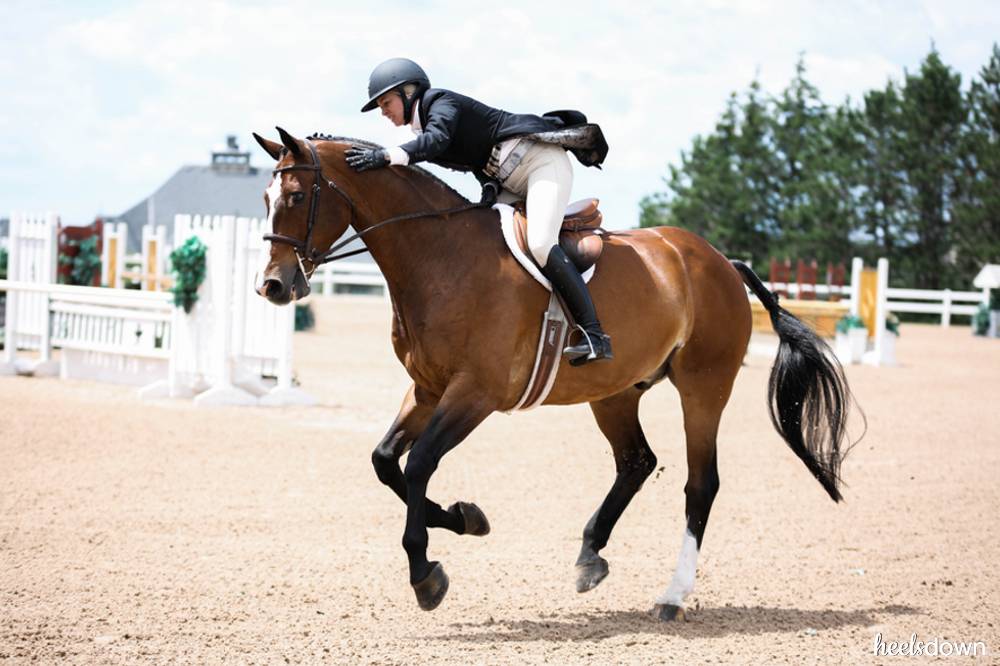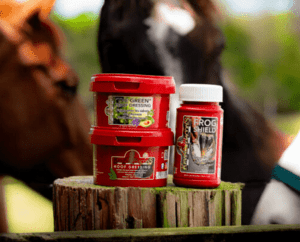The Spotlight Is On

Until you reach the big leagues in horse sports, only horse people are watching you.
When you start riding as a kid, your trainer and perhaps a parent are the ones cheering you on as you learn to post and put your pony’s bridle on by yourself. It’s all a positive experience. You’re learning, just getting started, and no one really minds if you’re no good.
You get a bit older and more skilled, but the world doesn’t come to see your 1.0m round at your local horse show, or your Training level eventing performance. Your trainer and barn friends and perhaps your family are the only ones holding you accountable. If you have a bad round, you may feel like you let yourself, your horse, or your trainer down, but the world will not come crashing down on you. You don’t have to answer to anyone.
If you’re one of the few that rises to the top of the pyramid, that’s no longer the case. Eyes turn to you. You’ve got owners, sponsors, fellow teammates, and federations investing in your career and in turn, depending on you.
Perhaps the biggest responsibility? The public is watching you.
There aren’t many people, that I’ve talked to anyway, that don’t want horse sports to grow. Growth means better opportunities for spectatorship and sponsorship. It means that one day, sports legends could emerge from our ring, the way Babe Ruth did from baseball or Mia Hamm from soccer. It means better competitions for our horses, and better horses for our teams.
But when a sport generates more fan engagement, it’s not always nice — especially when the sport involves animals. As our sport grows in spectatorship, as sponsors invest their dollars, and as live streaming becomes a fixture, the buzz will become louder. It’s not always going to be cheers.
Some commentary will be downright inflammatory — like Patrick Redford’s article on Deadspin, titled “The Olympics Are For Humans, Not Horses,” which gathered 124,000 views and hundreds of comments, and listed all the reasons why equestrian sports should be removed from the Olympic Games. Others will be less idiotic, but hit closer to home — perhaps landing at the feet of a rider or horse that you know or look up to.
While the equestrian media has a vested interest in the sport, the general sports media doesn’t care about shining a positive light on riders when they’ve shown a bad side or had a bad day. It will come from non-horse people who “don’t understand.” It might not be fair. It might cause sponsors or owners to bolt. It might mean someone says something bad about you or your friends.
It’s the price of growing the sport. The riders at the top have to decide if they’re willing to pay it.


